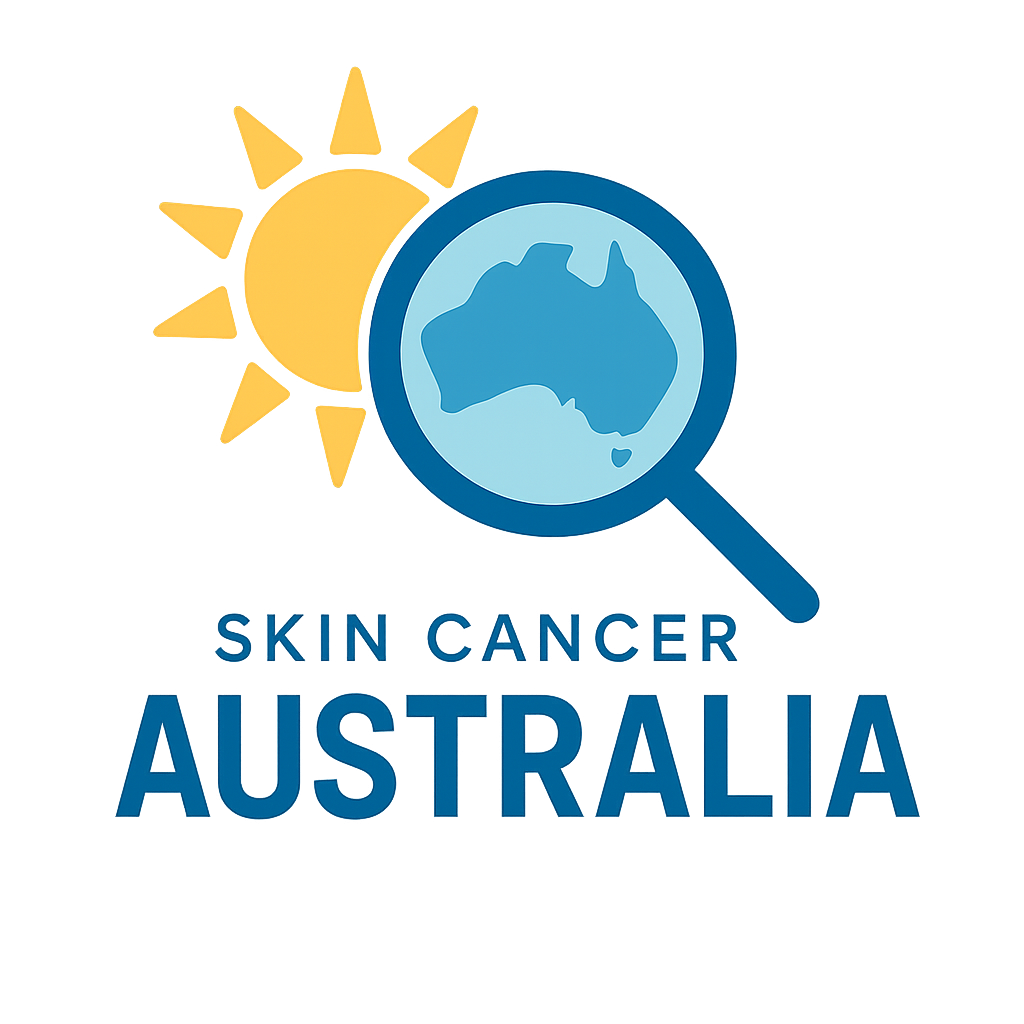Harmful By-Products Like Acetaldehyde and Their Impact on Skin Cell Health
When substances are metabolised in the body, they can produce chemical by-products that may affect various tissues, including the skin. One such by-product, acetaldehyde, is a key intermediate formed during alcohol metabolism and has been associated with a range of negative biological effects, including those that impact skin health.
What Is Acetaldehyde?
Acetaldehyde is a highly reactive compound produced mainly in the liver as the body breaks down ethanol (alcohol). It is classified as a Group 1 carcinogen by the International Agency for Research on Cancer (IARC), meaning there is sufficient evidence it can cause cancer in humans.
Although most of the focus has been on its effects in organs such as the liver, acetaldehyde also circulates in the bloodstream and can reach the skin, where it may contribute to cellular damage.
Effects on Skin Cells
Acetaldehyde and similar reactive by-products may interfere with skin cell health in several ways:
-
Oxidative stress: Acetaldehyde promotes the formation of reactive oxygen species (ROS), which can damage DNA, proteins, and lipids in skin cells.
-
DNA damage: Chronic exposure may interfere with normal DNA repair processes, increasing the risk of mutations that could contribute to skin ageing or carcinogenesis.
-
Collagen breakdown: By disrupting normal skin metabolism, acetaldehyde may impair the synthesis and maintenance of collagen, leading to loss of elasticity and premature ageing.
-
Inflammation: It may trigger localised inflammatory responses, contributing to conditions such as dermatitis or increased sensitivity to UV radiation.
Alcohol, UV Light, and Skin Damage
When combined with ultraviolet (UV) radiation, the harmful effects of acetaldehyde and other alcohol-related by-products may be magnified. Studies suggest that alcohol consumption may make the skin more susceptible to UV-induced damage, potentially by:
-
Increasing skin photosensitivity
-
Slowing down skin repair mechanisms
-
Altering immune surveillance in the skin
This combination may raise the risk of developing both melanoma and non-melanoma skin cancers.
Broader Implications
Acetaldehyde is not the only harmful by-product affecting skin health. Other environmental and metabolic by-products—such as those resulting from smoking, air pollution, and exposure to industrial solvents—may also play a role in skin ageing, inflammatory disorders, and carcinogenesis.
Protective Measures
While complete avoidance is not always possible, certain strategies may help minimise the harmful effects of acetaldehyde and similar compounds on the skin:
-
Limiting alcohol consumption, especially before sun exposure
-
Supporting antioxidant intake through diet or supplements, which may help neutralise free radicals
-
Using broad-spectrum sunscreen to reduce UV-related skin damage
-
Maintaining skin barrier integrity with appropriate skincare to reduce vulnerability to toxins
